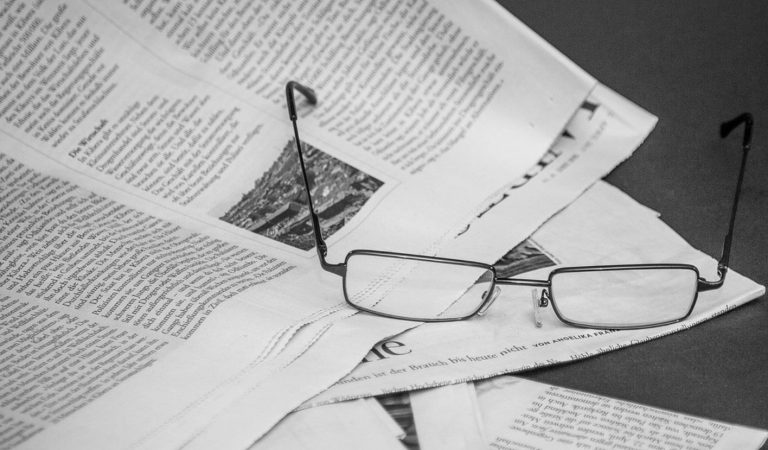The World Conference on Culture and Arts Education, organized by UNESCO and the United Arab Emirates in Abu Dhabi (13-15 February), brought together nearly 1,000 stakeholders in the field of culture and education – including 90 ministers, 125 representatives of UNESCO Member States, policy makers and International organizations. Experts and non-governmental organizations, as well as UN agencies, academia and the private sector.
The new UNESCO framework stresses the need for lifelong learning in the field of culture and arts in all types of educational settings, and to place culture and arts at the heart of education policies, strategies, curricula and programmes. The framework expands the understanding of “culture” to include built, natural and living heritage, forms of cultural expression, as well as the cultural and creative industries. It also focuses on the capabilities of digital technologies in culture and arts education to help promote intercultural dialogue and linguistic diversity.
The approved text also acknowledges this learning in, during And with Cultural diversity is vital to overcoming divisions and promoting mutual understanding. It stresses the need for greater focus on local cultures and heritage – especially indigenous people. It also calls for strengthening relations between educational and cultural institutions. This means creating more partnerships between schools, institutions and cultural properties, including UNESCO World Heritage Sites, as well as cultures, traditions and festivals included in UNESCO's List of the Intangible Heritage of Humanity.
Building on the legacy of the UNESCO Lisbon Roadmap (2006), the Seoul Agenda (2010) and the Mexico MONDIACULT Declaration (2022), this framework is the result of two years of multi-stakeholder consultations, dialogue and negotiations with Member States.
A new partnership between UNESCO and the United Arab Emirates to implement the framework
Adopting this framework is not an end in itself. Its recommendations must now be translated into concrete public policy. UNESCO will support this process by enabling Member States to exchange experiences, launch innovative reforms and share best practices. UNESCO and the UAE announced the first major initiative including grants and an international mobility program for teachers, as well as capacity building for African member states through expert visits, knowledge exchange and professional training.

